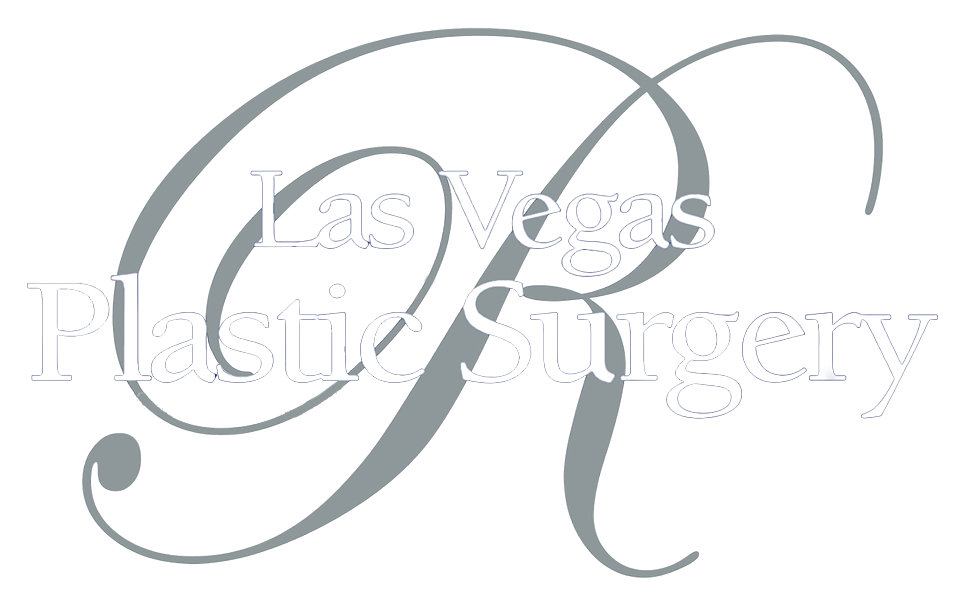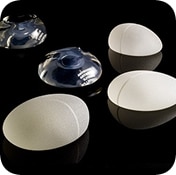![]()
Las Vegas Plastic Surgery
The Australian Therapeutic Goods Administration (TGA) is investigating Cereform breast implants after a French Recall. Meanwhile, plastic surgeons are renewing a call for a device registry.
Earlier this month, the French government recalled all unused Cereform breast implants made by Cereplas because the company was failing sterilization standards in the manufacturing process. These implants were never sold in the United States.
While no infections or other adverse events have been linked to the implants so far, the TGA, and the Australian distributor of the product, Medical Vision Australia Plastic & Cosmetic, has advised Australian surgeons not to use them while Australia’s Therapeutic Goods Administration (TGA) investigates whether they are safe to use. The TGA has stopped the supply of these implants in Australia while it investigates.
In a statement posted on its website, the TGA said after reviewing its own records and contacting surgeons, it had not found any evidence of sterility problems with the implants. It said women who are concerned should contact their general practitioner or surgeon.
”If you have received a Cereform breast implant and did not experience an infection soon after the surgery, then you should not experience any problems associated with this issue. An infection would be recognized by localized pain at the site of the implant and possibly an increase in body temperature,” the statement says.
Australian Society of Plastic Surgeons president Dr. Geoff Lyons said although about 4800 of the breast implants had been sold in Australia since 2009, women who have received them should not panic.
“While women will understandably be concerned, we will advise them that at this point, there is no cause for panic as there is no evidence of any adverse reaction to the implants,” he said.
Dr. Lyons has renewed a call for a Breast Device Registry to provide an early warning system so women get the best protection.
The recall comes after about 500 Australian women who received PIP breast implants joined an overseas class action last year to seek compensation. The French PIP implants were banned in 2010 after the manufacturer was found to have been using cheaper, unapproved industrial-grade silicone that was unfit for human use. A European Commission health committee has found the PIP implants are more likely to rupture than others. PIP silicone implants were never sold in the United States.
Dr. Lyons said the latest recall highlighted an urgent need for the Australian federal government to fast-track its promise to fund a breast device registry that would ensure problems were detected as soon as possible. He said while the government had committed $3.6 million for the project over three years, as well as seed funding for its development, it was still only a pilot project.
“A world-class registry has been developed in Australia and is ready for national roll-out pending government funding,” he said. “Our primary concern is patient safety and we urge the government to commit to funding this registry as a matter of priority and to provide peace-of-mind for Australian women.”
In the United States, breast implant information is placed in an implantable device registry.
We hope that the patients in Australia continue not see any untoward effects from the implants. The safety of the patient is always the priority. Continued vigilance is a key element in maintaining safety.
Jeffrey J. Roth, M.D., F.A.C.S.
Las Vegas Plastic Surgery
(702) 450-0777
References:
7 News. Australia
The Age



